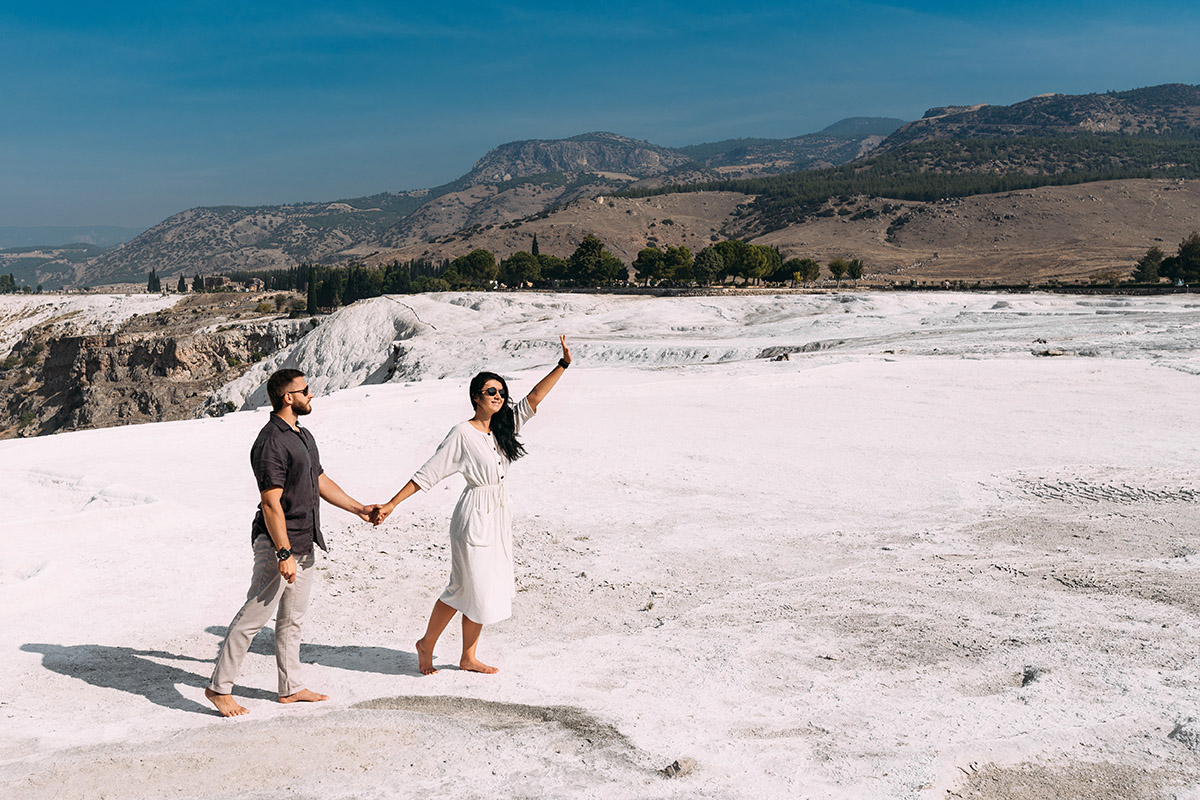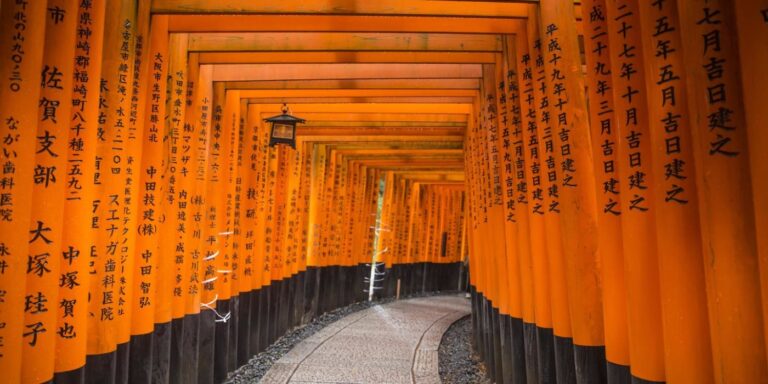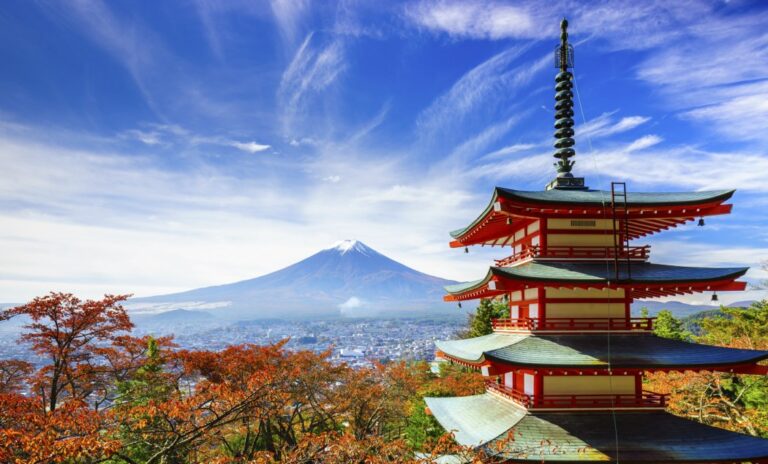Places to Visit
Pamukkale, meaning “Cotton Castle” in Turkish, is one of Turkey’s most stunning natural wonders. The Travertine Terraces are a series of white mineral-rich pools formed by calcium deposits from hot springs, creating a surreal landscape that looks like a frozen waterfall. Adjacent to the terraces is the ancient city of Hierapolis, founded as a thermal spa in the 2nd century BC. Visitors can explore the well-preserved ruins, including a grand theater, Roman baths, and the Necropolis, one of the largest ancient cemeteries in Turkey. The Cleopatra’s Pool, a thermal pool filled with ancient columns and ruins, offers a unique and relaxing bathing experience.
Their buildings were probably built of wood, palm fronds and other perishable materials, which would have quickly decayed in the salt and wind of the tropical climate. Moreover, chiefs or headmen did not reside in elaborate stone palaces, nor did their religion require the construction of large temples or compounds. Comparative studies of Maldivian oral.
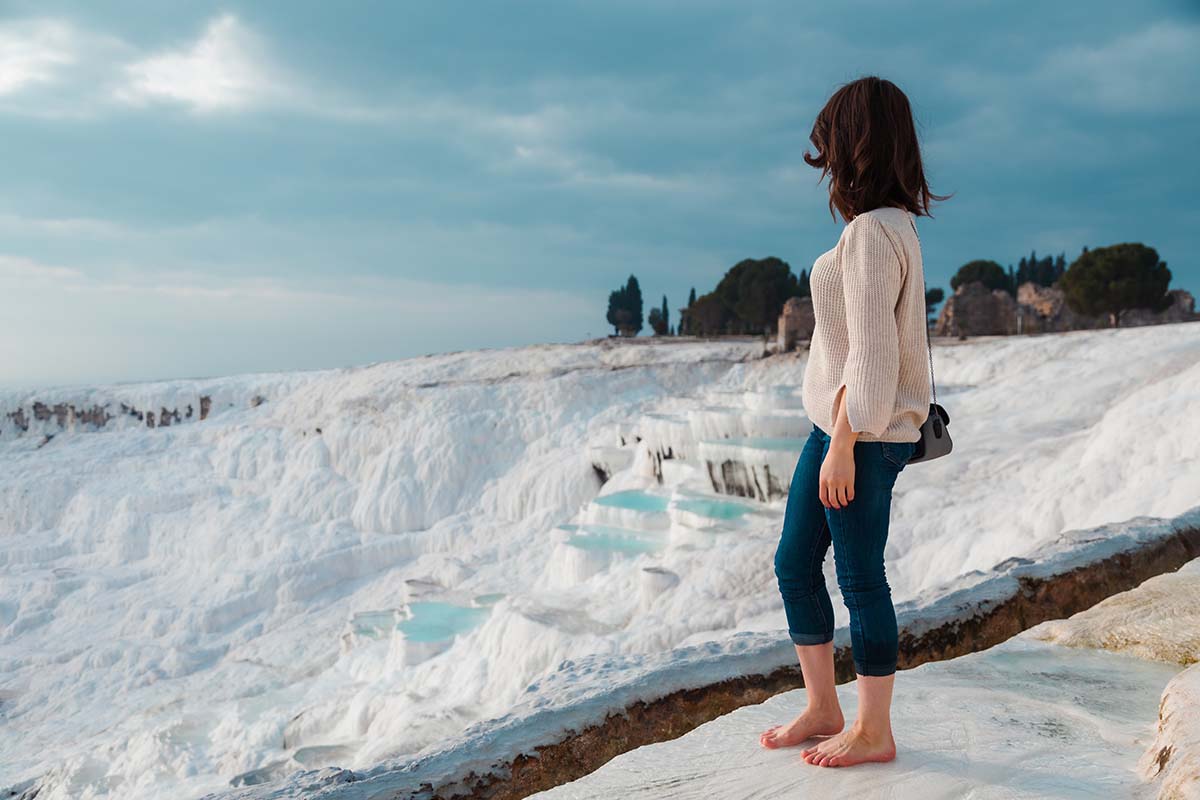
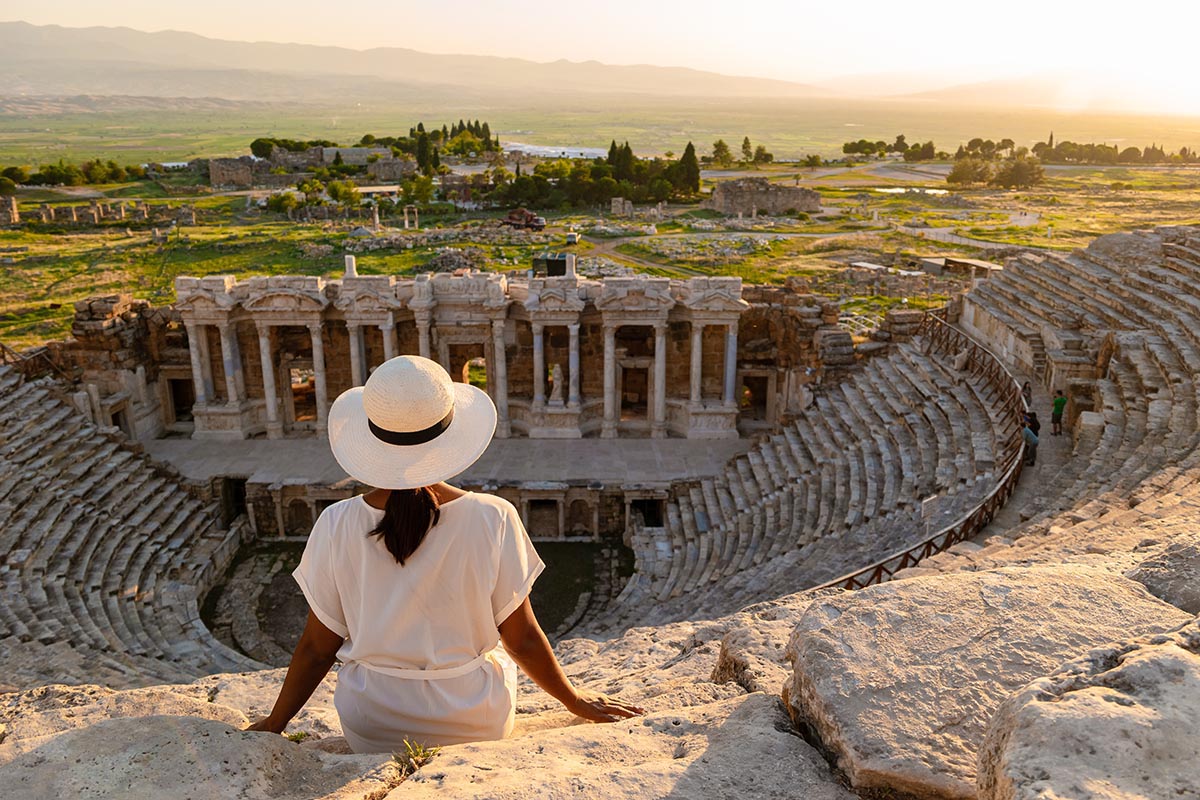
Historical Significance
Pamukkale has been a place of healing and worship since ancient times. The city of Hierapolis, built on top of the travertine terraces, was founded by the Phrygians and later became a major center of Greco-Roman culture. The city was renowned for its thermal springs, which were believed to have healing properties, attracting visitors from across the ancient world. Hierapolis was also an important center of early Christianity, with the Apostle Philip believed to have been martyred here. The combination of natural beauty and historical significance makes Pamukkale a UNESCO World Heritage Site and a must-visit destination.
Geographical Features
Pamukkale is located in southwestern Turkey, in the Denizli Province, within the River Menderes valley. The travertine terraces are formed by the flow of hot mineral-rich water from natural springs, which deposits calcium carbonate as it cools. Over time, this has created the striking white terraces that resemble a castle made of cotton. The region’s hot springs maintain a constant temperature of around 35°C (95°F) throughout the year, making them a popular destination for both locals and tourists seeking therapeutic baths. The area’s Mediterranean climate features hot summers and mild, wet winters, ideal for year-round visits.
